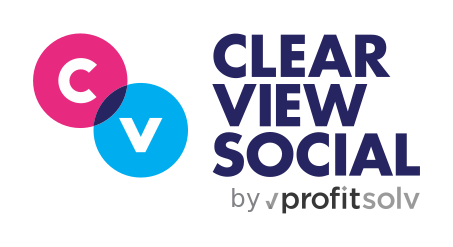On January 11th, Facebook released the first of many changes to its news feed algorithm in an effort to prioritize personal content over advertising and articles.
Over the next few weeks, Facebook’s news feed will start showing fewer news articles, and less marketing content and ads . . . . Instead, users should start seeing more vacation videos from their friends, photos of their nephew’s college graduation, and other more family-friendly posts about the people they know.
https://fortune.com/2018/01/12/facebook-news-feed-change/
There are a number of reasons cited for this change, including Facebook’s efforts to combat the spread of fake news, a growing decline in site usage, studies linking the passive consumption of media to poor mental health, and the recent controversy over Facebook’s role in the negative impact of social media on society. Facebook founder Mark Zuckerberg released a statement on the new product vision, stating, “I’m changing the goal I give our product teams from focusing on helping you find relevant content to helping you have more meaningful social interactions.”
What do these changes mean for businesses?
Facebook is not being coy about this: Those third-party organizations that took over large swaths of your News Feed years ago — sites that post funny pictures and memes, sell you clothing, or deliver articles about the world — will have the visibility of their posts scaled back under the new arrangement.
https://www.nytimes.com/2018/01/12/technology/facebook-news-feed-changes.html
Businesses that rely on their Facebook page’s content to drive traffic will likely be forced to use paid advertisements to see the same click-through rate. Users will have the option to prioritize the content of their favorite pages on their news feed, but popular posts from friends and connections will receive a higher priority.
Employee advocacy is more important than ever as a way to get content in front of readers. Users of ClearView Social see four times as many clicks from Facebook and Twitter than from LinkedIn. This rate increases if a personal comment or insight is added, leading to more personal engagement with the article content. Creating dialog around content is key to its success.
What opportunities does this create?
With Facebook deprioritizing news content, users will be seeking another source for their daily news. While Twitter and Instagram hold some value here, neither platform is designed to handle lengthy conversation of breaking news or discussion of thought leadership. LinkedIn has a huge opportunity to win back relevance as a social media network, as its focus is on professional content. Where better to comment on the changes to tax law or current trends in recruiting?
This also creates room for a new contender in the social media field that focuses on the content Facebook is now excluding. A number of mainstream news sites, such as the New York Times, have cut off commenting on their articles entirely, due to the negative abuse that such comment sections tend toward. A site that focuses on the discussion and spread of news (and memes or other relatable content) has a good chance to thrive where past attempts at creating the next social media sensation have failed.
How do you see your marketing strategies changing in response to Facebook’s announcement?

